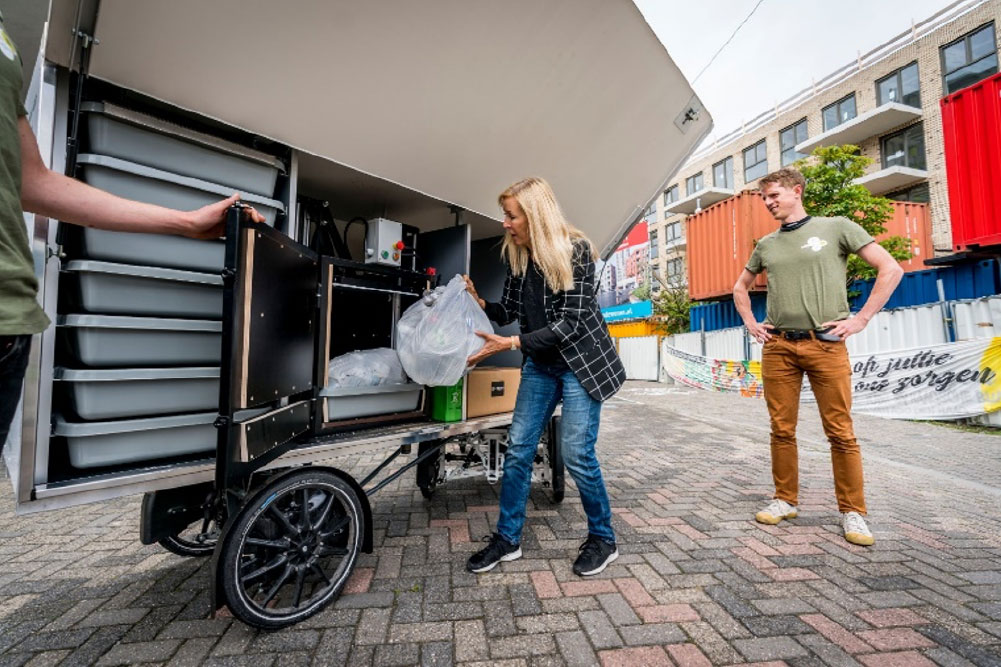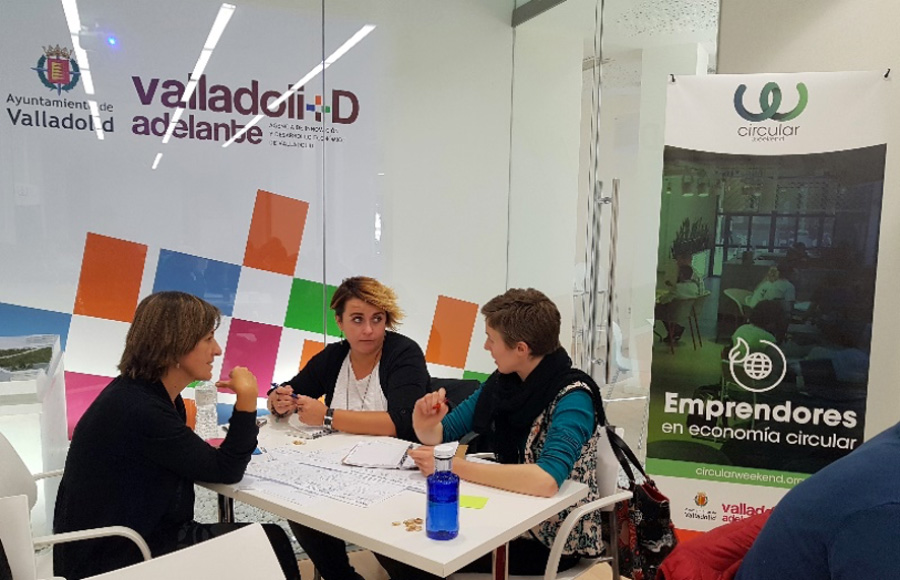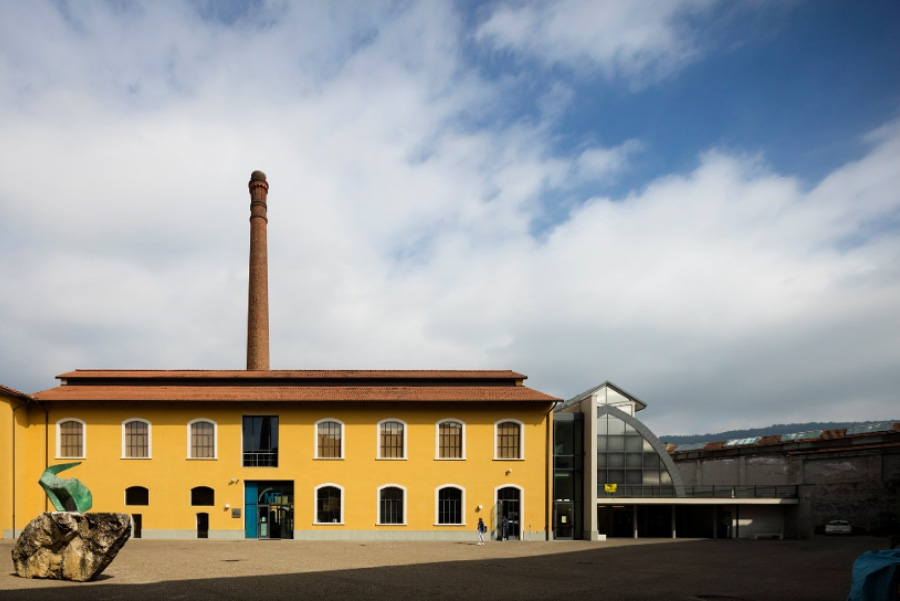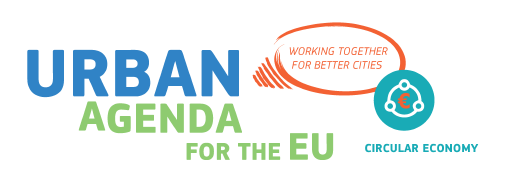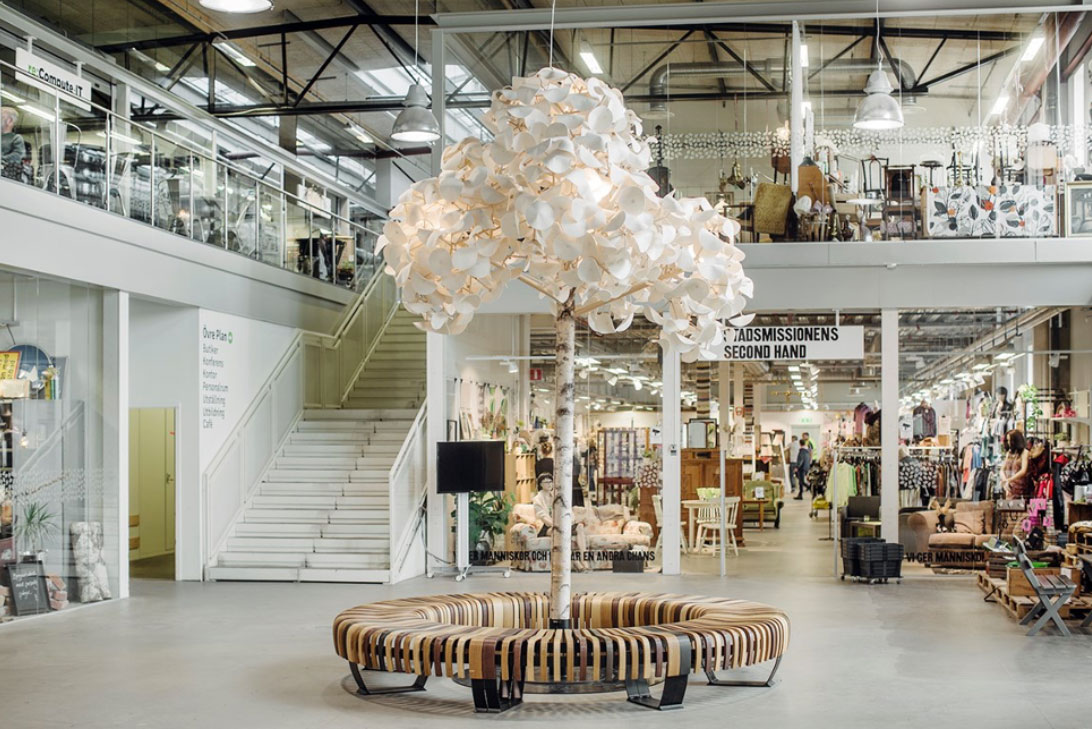
ReTuna Återbruksgalleria ![]() opened its doors in August 2015. ReTuna in Sweden is the world’s first recycling shopping mall. This means that the shops in the mall only sell items that have been used before. The mall has grown into an international success story and reached SEK 11.7 million in sales for pre-owned products in 2018. Moreover, the mall has generated 50 new jobs in a city that has been struggling with high unemployment rates and a drain of young people.
opened its doors in August 2015. ReTuna in Sweden is the world’s first recycling shopping mall. This means that the shops in the mall only sell items that have been used before. The mall has grown into an international success story and reached SEK 11.7 million in sales for pre-owned products in 2018. Moreover, the mall has generated 50 new jobs in a city that has been struggling with high unemployment rates and a drain of young people.
The case of ReTuna is a strong example of a city acting as a circular catalyst. The recycling mall was initiated by the municipality of Eskilstuna and implemented by its subsidiary Eskilstuna Energi och Miljö (EEM). Their ideas and actions resulted in a local circular ecosystem that enables product life extension for consumer goods and textiles.
Why is this recycling mall a success?
ReTuna has been successful in attracting both businesses and consumers to the mall. The strength of the recycling mall is that it makes sustainable shopping much easier and less time-consuming. Second-hand stores exist everywhere in the world, but ReTuna enables you to do all your circular shopping in one place. In addition, unlike many traditional second-hand shops, the stores in ReTuna have a diverse range of products, such as sportswear, furniture, fashion items, or toys. The mall manager emphasises the importance of aesthetics and encourages retailers to try to avoid a flea market image. These measures and a café enhance the sustainable customer’s shopping experience.
In addition, ReTuna has been successful in developing a self-sustaining system at local level. All goods that are being sold in the stores as well as the staff members of ReTuna are sourced within the region. The mall is located next to Eskilstuna’s recycling centre where citizens come approximately once a month to discard their used products. The initial selection of what is usable and what is not is performed at the centre by the staff from AMA (the resource unit of the municipality for Activity, Motivation and Work). Afterwards, the goods are transported to the mall where they are sorted and distributed to the shops by the mall’s staff members. The retailers have developed their own business plans and define their shop’s offer, profile and brand. This ensures that all received materials and products match one of the stores enabling a balance of supply and demand. Many shops have a workshop corner where they renovate or upgrade the used items before sale.
ReTuna as a circular catalyst

The initial investments for the ReTuna recycling mall were made by the local government of Eskilstuna. They bought the building and made it financially attractive for retailers through a 50% discount on the rent during the first two years and 30% in the third year. From 2018, the rent is without subsidies.
In addition to the ability for financial support, the municipal ownership facilitates the transport and management of waste, something which other organisations may not be authorised to do. The publicly-owned EEM has the task to run competitive operations in the energy and environmental area that deliver optimal benefits to customers and residents with minimal environmental impact.1 EEM has five business areas and ReTuna is part of the business area ‘Recycling’. In this way, ReTuna is acknowledged as a waste company that is legally licenced to collect and transport waste.
ReTuna provides the municipality with a means to educate its citizens about waste prevention and the circular economy. Different containers are available at the Eskilstuna recycling centre to discard products that can get a second life. This means that citizens have to judge whether a product still has sufficient value to be re-used, repaired, or recycled. Citizens do not always have the competence to make such decisions, this is why ReTuna provides information for its visitors on how to handle their old items responsibly. Events, workshops, lectures, thematic days, and more awareness raising activities are organised at the mall – all with a focus on sustainability.
Lessons learnt
The success story of ReTuna provides some important lessons, which should be taken into account in similar future projects or initiatives:
- It is important to keep in mind that consumers are influenced by the shopping environment and the aesthetics of pre-owned products.
- It is important to brand secondary products and to put efforts in how both the store and its products look.
- There is a need for educating citizens on the value of waste materials and products.
- A city government plays a crucial role in the initiation and facilitation of circular initiatives. In addition to providing financial support, a city government should take action to lower implementation barriers, such as legal barriers around waste transportation.
- ReTuna shows how re-using, repairing and upcycling of discarded items can be organised effectively to attract consumers at a local level and simultaneously spur local business development and generate new jobs.
More information
Contacts
References
-
1. Eskiltuna Energi & Miljö (2019). Vår verksamhet.
https://www.eem.se/privat/om-eem/var-verksamhet/
